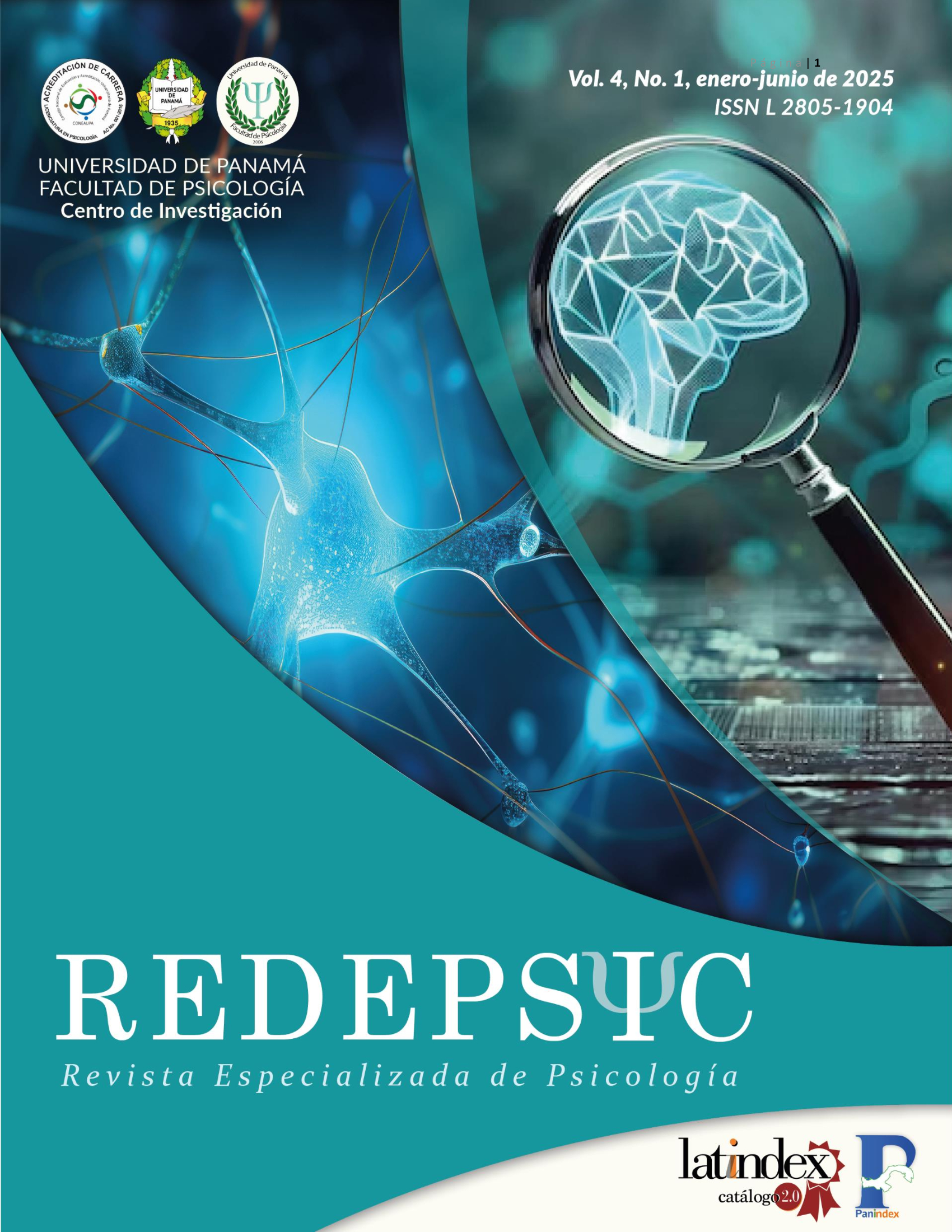

This research focuses on the construction and validation of a scale to measure self-concept in adults. To understand the influence of self-concept on information processing, affect, and motivation, introspection plays a fundamental role in this research because it addresses the philosophical question "Who am I?". A non-probabilistic, purposive sample of students from the Faculty of Psychology at the University of Panama was used. An exploratory study was conducted with a non-experimental design. The scale used an interval level of measurement, the semantic differential (Osgood, Suci, and Tennenbaum 1957), which consists of bipolar antonymous concepts. High levels of reliability were obtained for the total scale, with a Cronbach's Alpha internal consistency coefficient of 0.96, and for the sub-scales of self-concept regarding life, health, and death (between 0.95 and 0.98). To validate the theoretical construct of self-concept, a factor analysis with varimax rotation was used, identifying 62 items with a determination coefficient equal to or greater than 0.50. The instrument has proven to be a reliable and valid tool.